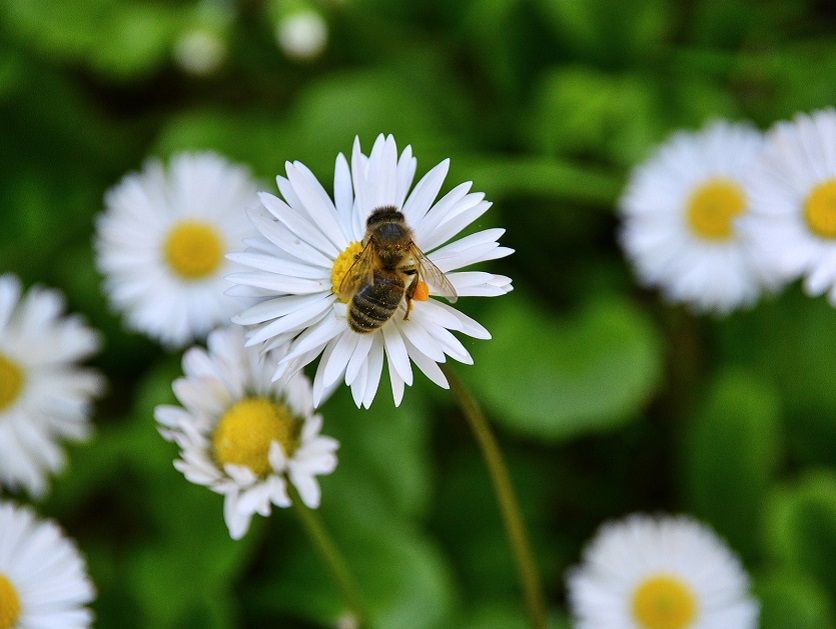WASHINGTON, February 15, 2017 – The Foundation for Food and Agriculture Research is committing $10 million toward reversing the decline of the pollinator population in the U.S.
FFAR says the Pollinator Health Fund, announced today, will support research and technology developments that affect pollinators in agricultural landscapes and real-world applications to beekeeping, land management, and farming practices.
Insect pollinators such as the honey bee and the monarch butterfly help sustain ecosystems and contribute more than $24 billion to the United States economy annually, FFAR says in a release. A variety of domestic crops rely on pollinators to reproduce and the declining populations of both wild and managed pollinators threaten the viability of these crops in the United States. FFAR says the new fund is designed to help combat the economic and environmental impacts of the declining pollinator populations.
“Pollinators play an integral role in agricultural productivity and sustainability,” said FFAR Executive Director Sally Rockey. “We look forward to seeing farmers, beekeepers, ranchers, and other landowners benefit their bottom lines and the environment using information and technology that we expect to result from research supported by the Foundation’s new Pollinator Health Fund.”
Watching for stories about bee health? Sign up for an Agri-Pulse four-week free trial subscription to stay on top of this and other ag, rural policy and energy issues.
FFAR says the first grant opportunity available through the new fund invites colleges and universities, nonprofit organizations and businesses to submit research pre-proposals that demonstrate potential to significantly advance domestic pollinator health.
Up to $4 million in grants will be awarded through this initial opportunity for research proposals addressing the following issues:
- Understanding multiple interacting stressors
- Developing best management practices and their increasing application
- Accelerating technology transfer
- Enhancing outreach and education
While research has identified several factors that contribute to pollinator decline, how those factors interact with each other and the implementation of science-based best practices are active areas of investigation, FFAR says.
Applicants are being encouraged to form partnerships with businesses and nonprofit organizations to ground projects in the social and economic realities of beekeeping, farming, and ranching. Click here for more information about the Pollinator Health Fund.
#30
For more news, go to: www.Agri-Pulse.com


